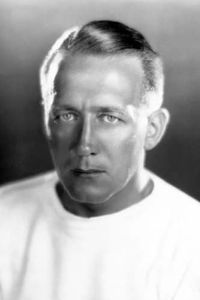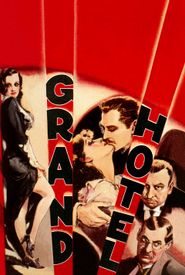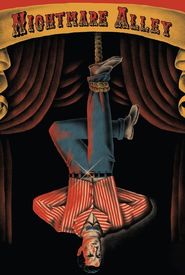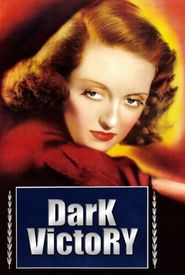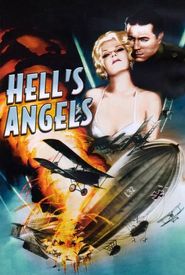London-born Edmund Goulding was a multifaceted creative force, having made his mark on the London stage as an actor, playwright, and director before answering the call to serve his country during World War I. His experiences in the British army, however, were marked by the wounds he suffered in battle, which ultimately led to his mustering out of service.
In 1921, Goulding made the bold decision to emigrate to the United States, where he would eventually find success as a screenwriter in Hollywood. His first novel, "Fury," was published in 1922, and he would later direct the film adaptation, "Fury," in 1923.
Goulding's talents as a screenwriter and director soon caught the attention of MGM, who hired him in 1925. He quickly established himself as a master of crafting tasteful, cultured dramas and drawing-room comedies that embodied the elegance and refinement that MGM was known for. One of his most iconic films, "Grand Hotel," released in 1932, is a prime example of his ability to create sophisticated, high-society dramas.
Throughout his career, Goulding was entrusted with the pictures of some of MGM's biggest stars, including Greta Garbo and Joan Crawford. However, one of his most notable films, and perhaps the most atypical of his work, was the 1947 drama "Nightmare Alley." This dark, brooding tale of greed and corruption among high society, featuring phony mentalists and a cunning psychiatrist, showcased Goulding's ability to explore more complex and nuanced themes in his work.
